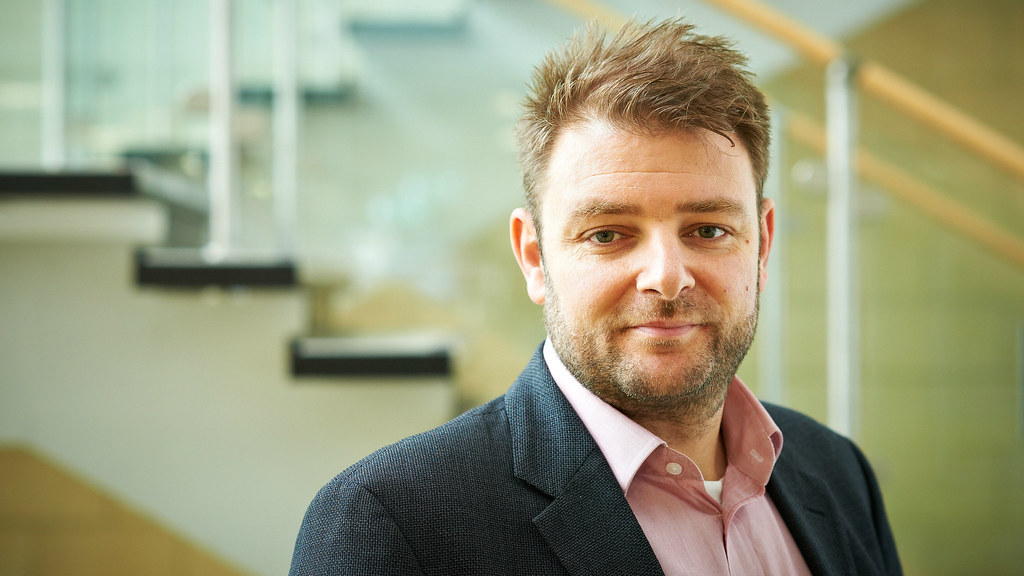The Bath Centre for Healthcare Innovation & Improvement (CHI2), led by our School of Management, will study the problems and challenges facing health and social care services, in order to design solutions that improve patient outcomes and experiences, and make organisational efficiencies and cost savings.
The Centre’s social scientists and mathematical modellers will draw on a wide range of research expertise including management science, operations management, analytics and information systems, to work in close collaboration with health and social care organisations and policymakers.
Dr Christos Vasilakis, Director of the Centre said: “Healthcare systems in the UK are under significant pressure to respond to rising demand against a backdrop of tight budgets. Meeting this challenge requires more focussed operational management, and a boost to innovation.
“Research at the Bath Centre for Healthcare Innovation & Improvement will use systems modelling and computer simulation as one way of enabling commissioners and health and social care service providers to shape new service pathways, enhance the performance and quality of existing services, and make better informed decisions about how and where to direct resources.
“We are looking forward to partnering with local and regional health and social care organisations in the South West, to combine our expertise, experience and ideas to solve real life problems in delivering and managing health and social care.”
Visiting Professor in the Centre Dr Carol Peden, who is Associate Medical Director for Quality Improvement at Bath’s Royal United Hospital’s NHS Foundation Trust, said: “There is a political and societal urgency to become more effective and efficient with healthcare resources, to understand better how we can make our systems safer and to translate learning from operations management, engineering and industry to healthcare. There is great potential for research and development in this area.”
One of the Centre’s first projects is already underway with clinicians and managers at the Royal United Hospital, to understand the causes of the international problem of the ‘weekend or out-of-hours phenomenon’, whereby hospital patients have a worse prognosis if they are admitted out of hours.
Other projects to start in the near future include an investigation of the impact of current radical reforms to public audit on audit costs and quality for the NHS (led by Dr Margaret Greenwood and supported by a grant from the Economic & Social Research Council) and the development of a novel whole-system computer model to assist in the organisation of stroke prevention services for patients with atrial fibrilation (led by Dr Vasilakis and supported by the West of England Academic Health Science Network).
Organisations that would like to engage with the Centre and its academics in a research or consultancy project, are invited to contact Dr Vasilakis by email.

